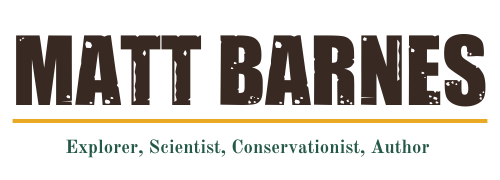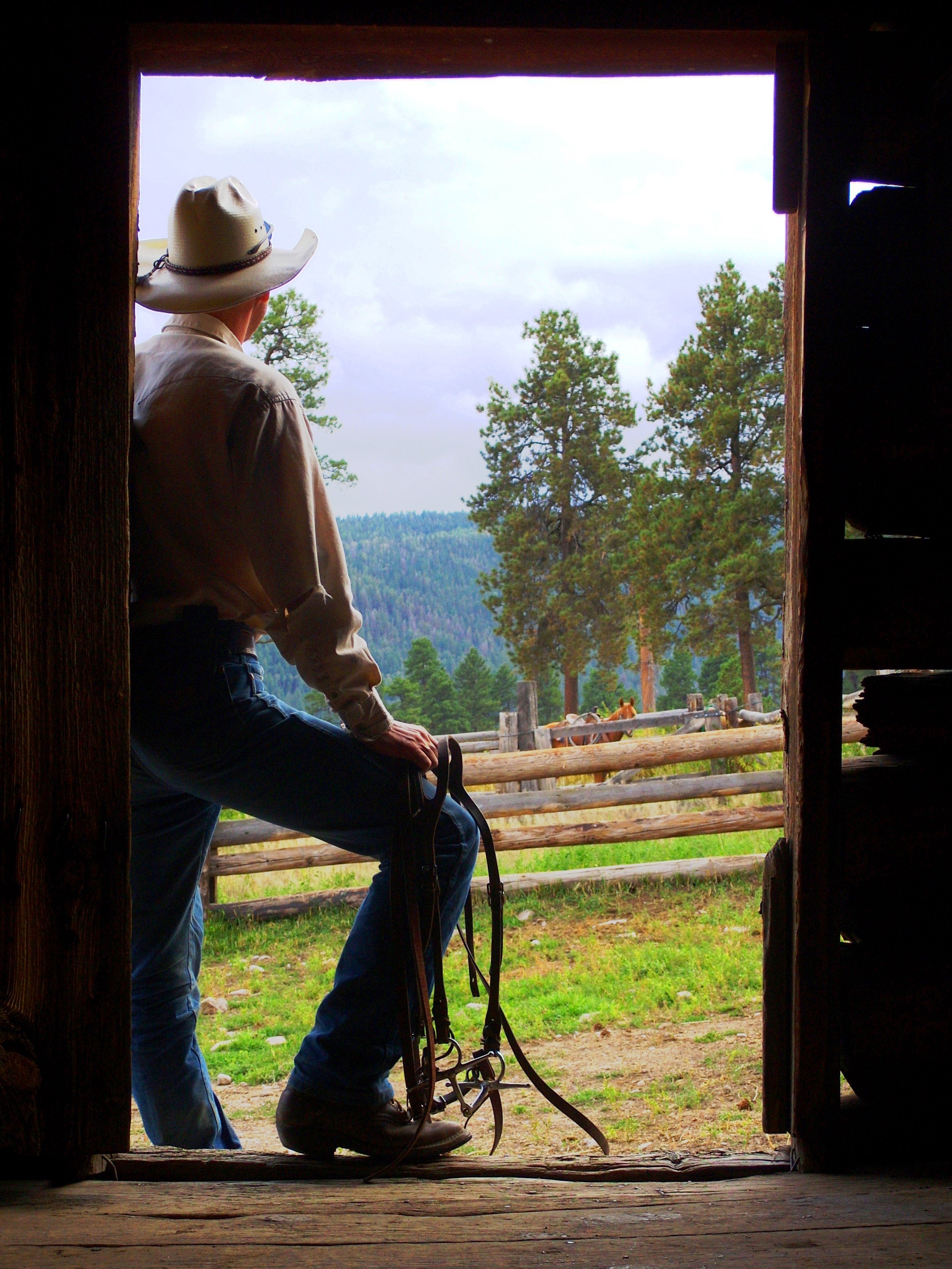Listening to the voice, leaving the path, living the legend
2010/7/18 | Colorado: Gunnison Co.
Listening to the voice, leaving the path, living the legend
By Matt Barnes
“Some people hear their own inner voices with great clearness and they live by what they hear. Such people become crazy, or they become legends.”
—One Stab, in the screenplay of Jim Harrison’s Legends of the Fall
“Man needs to choose, not just accept, his destiny.”
—Paulo Coelho
I just read Paulo Coelho‘s The Alchemist, the story of a boy who leaves the seminary to become a shepherd so that he can read and travel, and who lives out his own personal legend seeking treasure, physical and spiritual, crossing the Sahara. I had thought that sometimes we, at least some of us, need to strike out cross-country instead of following the established path. Now I see that we all need to find our own way.
When I was five – this is one of my earliest memories – in kindergarten, I would not pay attention to class, but would give my attention out the window to the passing clouds. One day at lunchtime recess, it happened that there were only two of us kids on the little fenced playground outside the kindergarten classroom, and no teacher in sight. I slipped out between the bars and walked off, down the grassy slope and through the parking lot. Someone saw me and said hello. I kept going, across the street and through the woods to the creek. I would explore that creek many times, but on this particular day I didn’t know where I was going, so I walked back to the school, squeezed back through the bars into the playground, and maybe climbed around on the spaceship briefly before going back into the classroom. After that, my name was on a list, posted on the door, of kids not allowed out to the playground. I’ve always blamed that other kid for telling on me, but it may have been that person in the parking lot, or of course the teacher might have known all along.
A few years after my short-lived escape, I read and loved Jean Craighead George’s My Side of the Mountain, about a boy who didn’t want to go to school, and went to live in the wilds instead.
The central dilemma may be that our elders, parents, teachers, and society have all painstakingly laid out a path for us. There is a pull to follow it, but is it because it is the right path, or because we just want to please our parents?
There is a pull, just as strong, to forsake this path, to go off into the unexplored woods, and create a path of our own. Is this because we know, deep down, that this is what we must do, or are we just compelled to rebel?
I think I’m beginning to hear the answer.
After reading Jim Harrison and Joseph Campbell and Paulo Coelho, I know that the vague force pulling us away from the straight and narrow is our own inner voice. It may also be the voice of God, the Holy Wind that animates all things, the Soul of the World. The reluctance to leave the path laid out for us is a manifestation of the fear of failure, which is of course usually the ultimate cause of failure. The path laid out for us is not entirely something to be avoided, as the trailblazers laid it out to ease our suffering. But if all paths are good, it is because they ultimately lead to the one destination. The important thing is that the paths are all, as the Buddhists say, fingers pointing at the moon; but we are too focused on the finger, or finding our footing on the path, to see the moon.
Finding our own path, our own personal legend, seems to go in fits and starts. As a teenager I joined a volunteer fire company, seeking an adventure that neither school nor books could provide. My mother cried, but acquiesced. But after graduating from high school with above-average but not stellar grades, I went to college simply because it was the next step on the established path. I had no sense of purpose there, so I dropped out after the first year, and then tried another college with the same result.
When I decided that my purpose was to learn to live on the land, and that that land would be far out where the mountains slope down into the desert, I rode my motorcycle across the country, and became a straight-A student in natural resources in Arizona, which was about as far away from the Pennsylvania suburbs as I could get, in more ways than one, without leaving the country. I was very successful academically, earning a BS in wildlife ecology from the University of Arizona and an MS in range science from Utah State University. But my real purpose was still exploring the West, seeking that mythical, mystical mountainside where I could live on the land.
So there I was, a successful professional with a green-collar job. I gave other people advice on how to live on the land, but I’d never really done it. I earned a professional salary to pay rent and buy food. On the other hand, I had paid annual leave, a freezer full of elk meat, and an abundance of home-brewed beer.
Now here I am on a ranch in the Rocky Mountains, tending cattle, riding horses, irrigating pasture, and fixing fences. I live in a cowboy camp overlooking a subalpine park, reading at night by the woodstove in a one-room log cabin, with an outdoor kitchen and a wood-fired hot water system, modeled on African safari camps.
I am some kind of cross between a homesteader and an adventurer. I want to find that perfect place and build a humble home of native materials and aesthetics. I want to grow a garden, hunt game, raise organic grass-fed beef, brew beer, write, and create. I don’t want a real job.
I also want to explore the West, from desert to mountain and Mexico to Canada, to ride horses through grizzly wilds. Arguably, that’s what I’ve been doing for 13 years now. I want to expand my explorations to foreign lands, take beautiful photographs, write exotic travelogues, meet people of different cultures, understand how they live on their land, see how their mythologies are similar to or different from my own.
So how do I balance the homesteading and exploring instincts? And what about that professional career that I’ve been groomed for my whole life? How do I find harmony, create beauty, and live in simple richness?
As the Hindus remind us, “Truth is One, but the sages speak of it my many names.” Because the Infinite is beyond concepts, and thus the name of God cannot be spoken, I think that we must find whatever experience connects us most deeply to the Infinite. That’s the message of all great folklore, mythology and literature: what Harrison meant by the inner voice, Coelho by the personal legend, and Campbell by “Follow your bliss.” And, that is, ultimately, why I followed my inner voice away from my government career path to this camp, here on my side of the Rocky Mountains.




